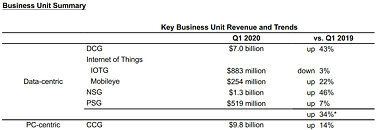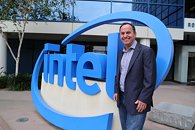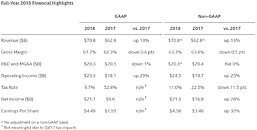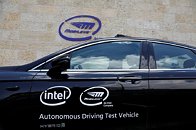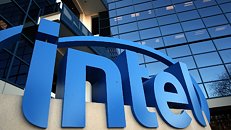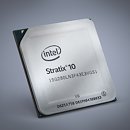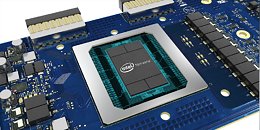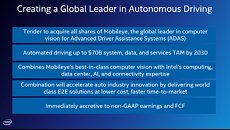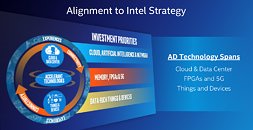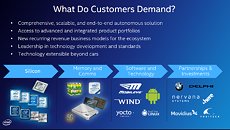
Intel Outlines New Financial Reporting Structure
Intel Corporation today outlined a new financial reporting structure that is aligned with the company's previously announced foundry operating model for 2024 and beyond. This new structure is designed to drive increased cost discipline and higher returns by providing greater transparency, accountability and incentives across the business. To support the new structure, Intel provided recast operating segment financial results for the years 2023, 2022 and 2021. The company also shared a targeted path toward long-term growth and profitability of Intel Foundry, as well as clear goals for driving financial performance improvement and shareholder value creation.
"Intel's differentiated position as both a world-class semiconductor manufacturer and a fabless technology leader creates significant opportunities to drive long-term sustainable growth across these two complementary businesses," said Pat Gelsinger, Intel CEO. "Implementing this new model marks a key achievement in our IDM 2.0 transformation as we hone our execution engine, stand up the industry's first and only systems foundry with geographically diverse leading-edge manufacturing capacity, and advance our mission to bring AI Everywhere."
"Intel's differentiated position as both a world-class semiconductor manufacturer and a fabless technology leader creates significant opportunities to drive long-term sustainable growth across these two complementary businesses," said Pat Gelsinger, Intel CEO. "Implementing this new model marks a key achievement in our IDM 2.0 transformation as we hone our execution engine, stand up the industry's first and only systems foundry with geographically diverse leading-edge manufacturing capacity, and advance our mission to bring AI Everywhere."


























